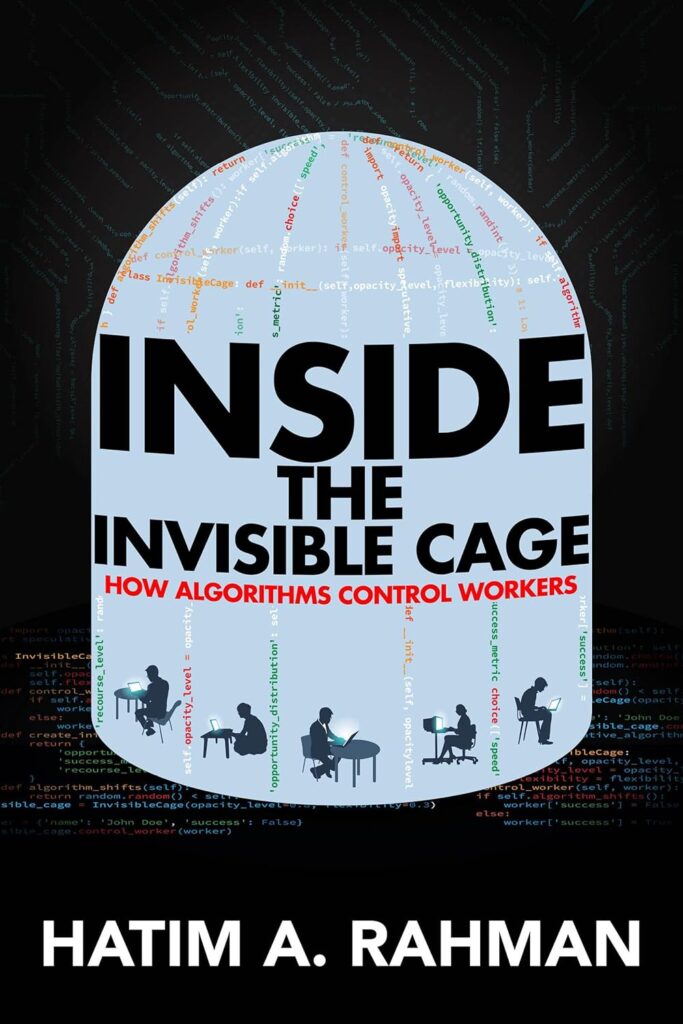
The following is a loosely edited transcript of the Author Meets Critics event devoted to Hatim Rahman’s Inside the Invisible Cage (University of California Press, 2024). The event was held on April 8, 2025 and sponsored by Work In Progress. The actual hour-long video will be posted soon.
Inside the Invisible Cage provides an in-depth account of “TalentFinder,” the pseudonymous platform that has become the dominant provider of on-line freelancer services in the world. The book stands as the most important analysis of the mechanisms that crowdworking platforms use to control the behavior of the highly skilled contractors and consultants they attract.
Continue Reading…



